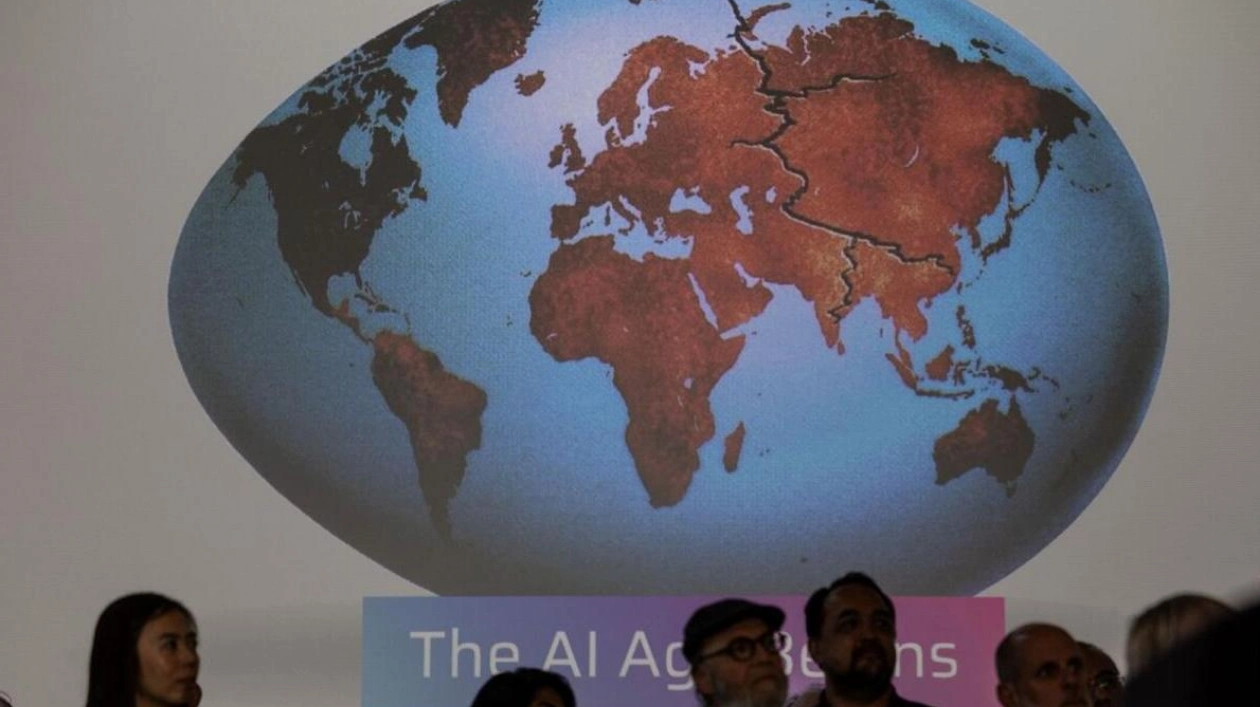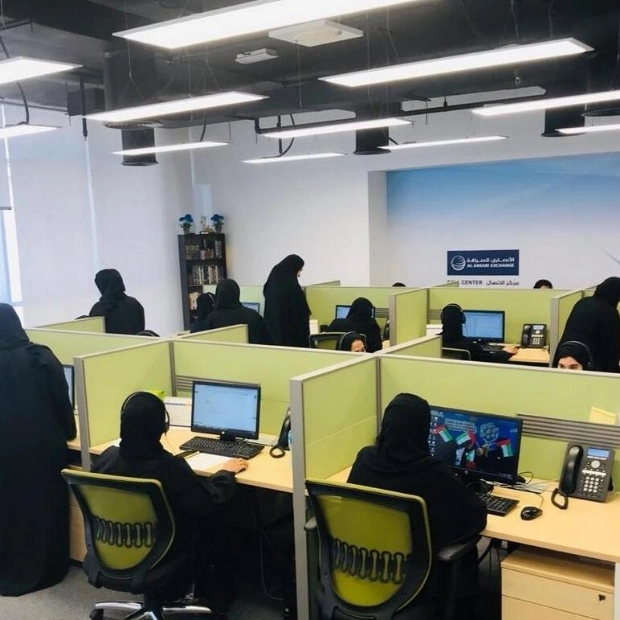A recent survey indicates that China is at the forefront of adopting generative AI, surpassing 16 other countries and regions, including the United States, where 65 percent of respondents reported adopting GenAI. The global average stands at 54 percent.
Conducted by US AI and analytics software company SAS and Coleman Parkes Research, the survey of 1,600 decision-makers worldwide revealed that 83 percent of Chinese respondents are using generative AI, the technology behind ChatGPT, which gained global attention following its launch by US-based OpenAI in late 2022.
The survey covered industries such as banking, insurance, healthcare, telecommunications, manufacturing, retail, and energy, highlighting China's rapid advancement in the generative AI sector. This progress accelerated after Microsoft-backed OpenAI released ChatGPT in November 2022, inspiring numerous Chinese companies to develop their own versions.
A recent report from the United Nations' World Intellectual Property Organisation showed China leading in GenAI patent filings, with over 38,000 between 2014 and 2023, compared to 6,276 by the United States in the same period. Despite restrictions on many international generative AI service providers in China, the country has cultivated a strong domestic industry, encompassing offerings from tech giants like ByteDance to startups like Zhipu.
The SAS report also noted China's leading position in continuous automated monitoring (CAM), a controversial yet widely deployed application of generative AI tools. This technology involves collecting and analyzing extensive data on user activities, behaviors, and communications, potentially leading to privacy infringements. Udo Sglavo, vice-president of applied AI and modeling at SAS, highlighted the challenges in accountability due to the proprietary and opaque nature of CAM algorithms and processes.
Sglavo added that China's advancements in CAM align with its broader strategy to become a global leader in artificial intelligence and surveillance technologies.






